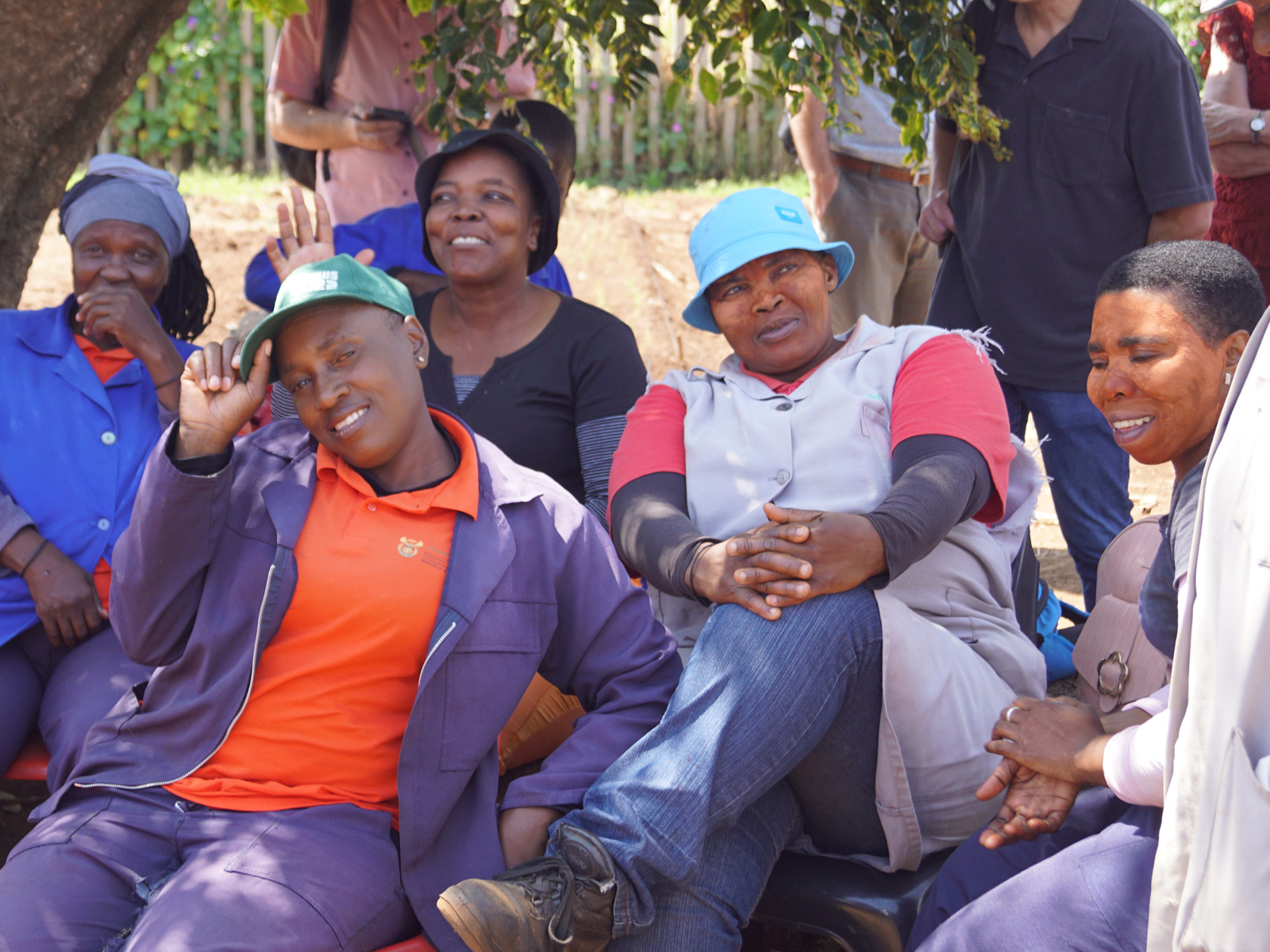Early Warnings for Southern Africa (EWSA)
Severe thunderstorms threaten lives and cause significant damage to property and livelihoods. This is particularly the case in cities and urban areas in southern Africa.
Project overview
This project aims to transform access to early weather warning systems for urban communities in South Africa, Zambia and Mozambique.
An international team of meteorologists, academics, economists, and user engagement specialists, led by the UK’s National Centre for Atmospheric Science and University of Leeds, are delivering a £2 million project under the Weather and Climate Information Services (WISER) Africa programme to transform access to early weather warning systems for urban communities in South Africa, Zambia and Mozambique.
Until 2025, the Early Warnings for Southern Africa (EWSA) project will focus on providing weather information to socially disadvantaged urban populations to reduce the damage caused by storms through increased capacity for “nowcasting” – a process whereby real-time satellite images over Africa are used to predict weather conditions over the next six hours – and improved short-term weather forecasts that are tailored for people who need them most.
WISER EWSA will work with disaster risk management agencies and non-governmental organisations, and co-produce outputs with people living in cities, including disadvantaged groups, such as women and people with disabilities. The WISER EWSA project aims to help ensure that everyone receives these warnings and knows what action to take to reduce the risk of negative impacts.
Adding to a growing range of weather and climate information services, nowcasting technology has recently been applied to early warning services in other parts of Africa and beyond. However, this is the first project to do this in Southern Africa.


Project objectives
Particular outputs of this project include:
- Better ability of forecasters to use nowcasting technology to track storms;
- Stronger links between forecasters and members of the public, including people living in cities;
- Early warnings that are understandable and actionable to people living in cities, including disadvantaged groups such as women and people with disabilities;
- Learning how to sustain and scale up these alerts, so that they cover other cities and other parts of the three countries;
Its approach is one of partnership and engagement, which is essential to ensure that the technology translates into useful information for people on the ground. The WISER EWSA team welcome feedback to improve the process and to enable the project to record what works.


For more information about the project, please email [email protected].
Useful links
The future of forecasting: Impact-Based Forecasting for Early Action


